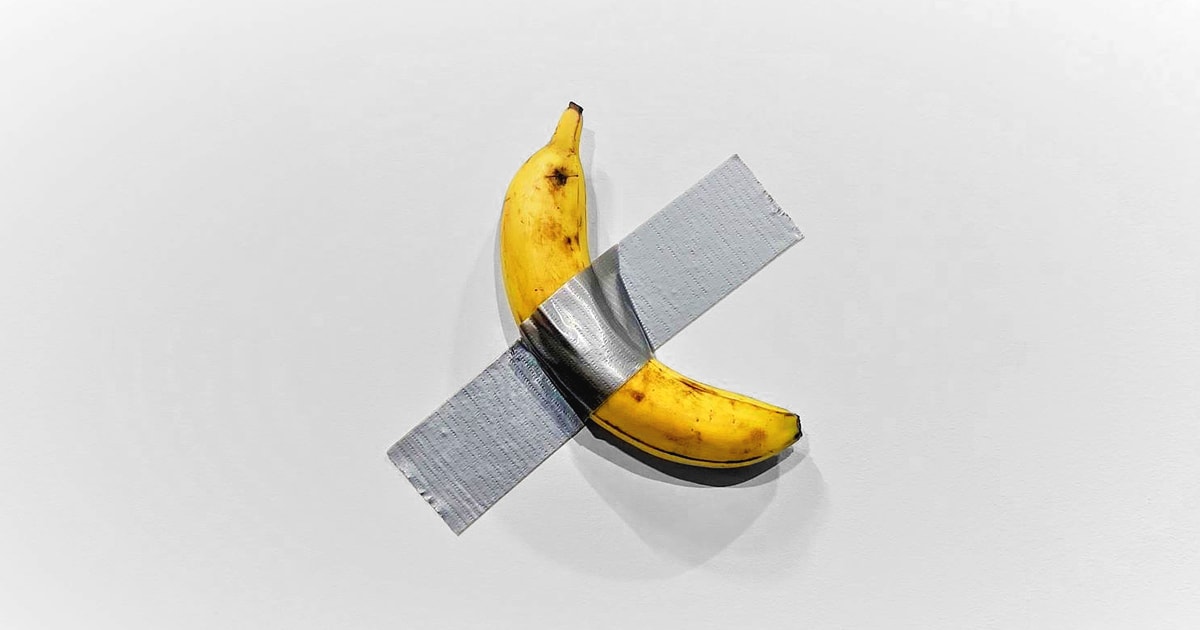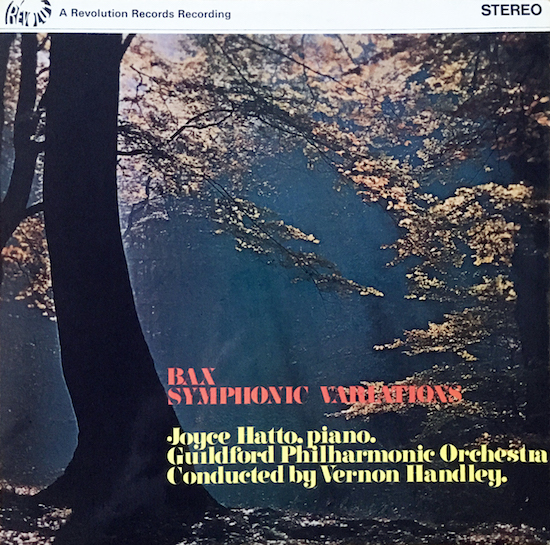mvuent
Void Dweller
this is a stock phrase commonly used against modern (or generally “inaccessible”) art. i tend to roll my eyes when i see some would-be critic earnestly invoke it. not only is it incredibly trite, it also comes across as arrogant, suggesting the critic is confident that literally everyone who claims to like the thing in question is dishonest and/or stupid.
YET
there are times when the critics seem to be vindicated. the worlds of gallery visual art and virtuoso classical performance seem particularly susceptible to humiliations of this sort.

 www.domestika.org
www.domestika.org

 johncarlosbaez.wordpress.com
johncarlosbaez.wordpress.com

 thequietus.com
thequietus.com
which legends in this genre are your favorite?
I know most people brush these stories off as mere trivia. but i suspect they’re important, in that we can learn something about how art works through them.
if you gave a good review to pierre brassau's artwork, one way to respond to the hoax is to bite the bullet: archaic notions of artistic talent are obsolete, because great aesthetic experiences are easier to come by--or at least, less dependent on deliberate talent--than we realize. morton feldman once proclaimed, “now that things are so simple, there's so much to do”. picasso appreciated animal-made painting enough to hang such a work in his studio. so i think this answer has truth to it.
...still, even the most open minded person would have a hard time coming back from the revelation that an artist they had proclaimed, in print, to display “the delicacy of a ballet dancer” was in fact a monkey. so there must be more to the issue.
obviously there is the related issue of “art bollocks” but here i’m less interested in obfuscatory language than the genuine thoughts and feelings behind it. this thread isn’t about how we bs other people, but about how we bs ourselves--assuming that we really do.

Ah, back to France!
YET
there are times when the critics seem to be vindicated. the worlds of gallery visual art and virtuoso classical performance seem particularly susceptible to humiliations of this sort.

4 Hoaxes That Shook the Modern Art World | Blog | Domestika
Is modern art really art? Learn how chimpanzees, teenagers, and fake artists tried to challenge it Modern art has many supporters, as well as detractors. When Italian artist Maurizio Cattelan's piece 'Comedian' was unveiled at the Art Basel exhibition in Miami in 2019 and was sold for 120,000...

To Really Judge Good Music, Turn Off the Sound
In a study published in the Proceedings of the National Academy of Sciences, Chia-Jung Tsay showed musicians clips from classical music competitions. She asked them to guess the winners. Different …

Junk Shop Classical On Joyce Hatto: Music Stories Told £1 LP By £1 LP | The Quietus
In 1992, a critic for Gramophone magazine, which calls itself “the world’s authority on classical music since 1923”, reviewed a recording of Rachmaninov’s popular Piano Concerto No. 3, performed by American-Israeli pianist Yefim Bronfman. It’s a fiendishly difficult piece to play, and the...
which legends in this genre are your favorite?
I know most people brush these stories off as mere trivia. but i suspect they’re important, in that we can learn something about how art works through them.
if you gave a good review to pierre brassau's artwork, one way to respond to the hoax is to bite the bullet: archaic notions of artistic talent are obsolete, because great aesthetic experiences are easier to come by--or at least, less dependent on deliberate talent--than we realize. morton feldman once proclaimed, “now that things are so simple, there's so much to do”. picasso appreciated animal-made painting enough to hang such a work in his studio. so i think this answer has truth to it.
...still, even the most open minded person would have a hard time coming back from the revelation that an artist they had proclaimed, in print, to display “the delicacy of a ballet dancer” was in fact a monkey. so there must be more to the issue.
obviously there is the related issue of “art bollocks” but here i’m less interested in obfuscatory language than the genuine thoughts and feelings behind it. this thread isn’t about how we bs other people, but about how we bs ourselves--assuming that we really do.

Ah, back to France!
